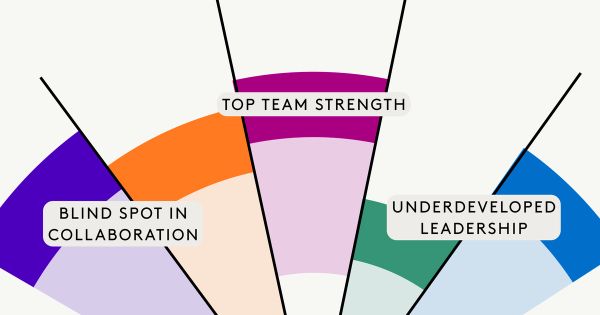Now is the time to invest in people

What do you define as an asset in your organisation?
Do you note down in your books that you have buildings, vehicles, machinery – maybe you even note your intellectual property as an asset?
What about the people who drive forward your vision each day? Do you see these people you hired, onboarded, trained and continually develop as an asset? Or, do you mark these people in your outgoings column as payroll, which sucks at your bottom line?
Some statistics
Mental health issues cost the UK economy £34.9 billion, according to the Centre for Mental Health.
It is estimated that disengaged employees cost the UK economy £340 billion, according to ONS.
A Culture Economy report found that 34% of British employees quit their jobs due to dissatisfaction with company culture. This churn cost the UK economy £23.6 billion per year.
Discrimination in the workplace costs the UK economy £127 billion, according to ONS.
Staff turnover was estimated to cost SMEs £2.3 trillion, according to the Federation of Small Businesses.
It seems there are a billion, maybe multiple trillions, of reasons to see the investment in your people as a sound business decision. We need to shuffle that talent we attracted and nurtured over into the assets column and see them as the rich source of revenue that they are.
How we manage our assets
There is a mass of theory and technology developed to help businesses manage assets. First, you would determine the most reliable person to be responsible for these assets. This person would be accountable for the cost-efficiency of the asset to the company.
You would then consider the life cycle of the asset. You would work out when you needed to upgrade the asset or replace the asset as being defunct. You would look to increase this life cycle through appropriate maintenance, increasing their durability.
There would be an expectation that the assets are tracked routinely, ensuring they are adequate to meet the demands of your customers or clients. There will need to be some record of ongoing performance and the amount added to the organisation tracked as assets.
You would need to understand when the value of the asset has depreciated and look to uplevel or upgrade that asset. Finally, you would look to find a way to automate this asset so that the time, effort and cost of managing them was reduced.
We do all this for the office computers and the delivery van. Do we do this for the people we hire? We likely track performance and rid ourselves of any defunct worker that is costing us money. But, do we undertake the regular maintenance, the upleveling and upgrading, and do we find a way to encourage these employees to control this development and want to do it for themselves?
Human capital or talent management
The idea of maximising the potential of your workforce is not new. Companies have been talking about the value of human capital for decades. Recently, there has been an acknowledgement that this needs to be humanised, and the semantics have changed – businesses are now interested in talent management.
There are a host of reasons to manage your talent. Your team will be appropriately trained, you will be able to assign people to the most appropriate roles, you will inspire loyalty to your company and keep the institutional memory that comes from long service, you will reduce issues and grievances, and you will become a magnet for other top talent that wants to work for the best company culture. Imagine becoming the honeypot for the best of the best, all knocking at your door, begging you to let them work with your organisation.
With your brand value and employee motivation high, you will naturally outperform your competitors.
But why now?
2020 was the year never to be mentioned ever again. It was the most challenging year on a personal, business, national, and global level. We emerged in 2021 different to what we were in 2019. In our vulnerability to a global pandemic, we recognised the importance of resilience and adaptability. We also acknowledged the need to be kind to one another and to be compassionate to those who needed our support.
2020 made us more human. It showed us the value of being better human beings.
Yet, due to the pandemic, learning and development were deprioritised in organisations. In an emergency mentality, all the lifeblood of organisations flowed to maintain essential cash flow.
Events have shown us that we rely on our employees to do what is needed to get organisations through. The creativity, strategy, and commitment demonstrated allowed some businesses to survive beyond all expectation.
Therefore, now is the time to invest because a) we needed those human beings in our workforce to step up in difficult times, b) the investment will pay in positive financial outcomes, and c) troubled times means we have forgotten how much our workforce is a positive facet of our business, and how much we need to invest in this through powerful learning and development.
Entelechy Academy is not only an investment in your workforce as human capital, nor is it just the management of talent. Entelechy embraces what human qualities your team bring to the table that make your organisation unique and resilient in challenging times.
You may also like

Summer Break: A Guide for Graduates

